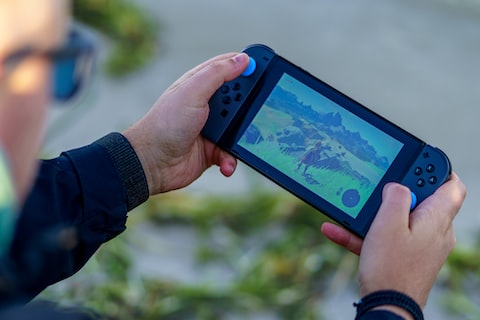Gaming has become a global phenomenon that transcends age and cultural boundaries. It is no longer just a hobby for nerdy teenagers; people of all ages, from 10 to 35 and beyond, are embracing the digital world of gaming. But what makes gaming truly powerful is its ability to bring people together, regardless of their background or identity.
With the rise of social awareness and progressive movements, the video game industry has started to pay attention to the importance of diversity and representation. More and more game developers are realizing the significance of inclusivity in creating a truly immersive and engaging gaming experience.
Diversity in gaming refers to the inclusion of individuals from different racial, ethnic, gender, and socio-economic backgrounds. By having diverse characters and storylines, game developers can create a more relatable and authentic experience for their players. When players see characters that look like them or come from similar backgrounds, it creates a sense of connection and belonging. This inclusivity is crucial for breaking down stereotypes and challenging societal norms.
Representation in gaming goes beyond diversity; it encompasses the accurate portrayal of different cultures, identities, and experiences. It is about giving a voice to those who have been traditionally marginalized or underrepresented. By featuring diverse characters and narratives, game developers can foster empathy, understanding, and appreciation for different perspectives. This not only enriches the gaming experience but also promotes acceptance and equality in the real world.
The power of inclusivity in gaming cannot be underestimated. It has the potential to transform the industry and make it more accessible and enjoyable for everyone. By embracing diversity and representation, game developers can create games that appeal to a wider audience and cater to their diverse interests and experiences.
Furthermore, inclusivity in gaming has been proven to have positive effects on players’ mental health and well-being. Studies have shown that playing games with diverse characters and storylines can increase players’ self-esteem and provide a sense of validation and empowerment. It allows players to see themselves as heroes, overcoming challenges and achieving success in virtual worlds.
Inclusion in gaming also encourages innovation and creativity. By drawing inspiration from different cultures and perspectives, game developers can introduce fresh ideas and unique gameplay mechanics. This leads to the creation of more exciting and cutting-edge games that push the boundaries of the gaming industry.
As players, we have the power to support and promote diversity and inclusion in gaming. By celebrating games that embrace inclusivity and giving our feedback to developers, we can encourage the creation of more diverse and representative games. Supporting organizations that advocate for diversity in the industry can also make a significant impact.
In conclusion, the power of inclusivity in gaming is undeniable. It not only enhances the gaming experience but also contributes to a more accepting and inclusive society. By promoting diversity and representation in video games, we can create a gaming culture that celebrates and values the differences and experiences of all individuals. Let’s embrace the power of inclusivity and pave the way for a more diverse and inclusive gaming industry.

